



 Tech & IT
Tech & IT
 Business
Business
 Coding & Developer
Coding & Developer
 Finance & Accounting
Finance & Accounting
 Academics
Academics
 Office Applications
Office Applications
 Art & Design
Art & Design
 Marketing
Marketing
 Health & Wellness
Health & Wellness
 Sounds & Music
Sounds & Music
 Lifestyle
Lifestyle
 Photography
Photography
More Learnfly
Business Solution Become an InstructorAnsible is an open-source automation tool for configuration management, application deployment, and task automation. It simplifies IT operations by automating repetitive tasks, ensuring consistency, and facilitating infrastructure as code practices.

By : TechLatest .Net
Mastering IT Cloud Infrastructure Automation and Orchestration with Ansible AWX(Ansib...
4.8 880
1:59:42 hrs 11 lectures All Level

By : Abhishek Roshan .
Learn Ansible and Automation with Playbook from Scratch to Advanced level - Complete ...
4.1 74522
4:4:10 hrs 10 lectures All Level

By : Shankar AR
Ansible for the Beginners course for DevOps Engineers & System Admins helps you to en...
4.8 58755
4:42:54 hrs 37 lectures All Level












Learn more topics in various categories at one place. Explore unlimited courses in other categories and up-skill yourself today.

 Jazeb Akram
Jazeb Akram 4.2 771161 Beginner Level

 John Hedengren
John Hedengren 4.1 569067 All Level

 Ranjan Pandey
Ranjan Pandey 4.1 346732 All Level

 Muhammad Ahsan Pervaiz
Muhammad Ahsan Pervaiz 4.2 101341 All Level

 Pieter Vliegenthart
Pieter Vliegenthart 4.6 100920 All Level

 Jerome P.
Jerome P. 4.8 100883 All Level

 Senol Atac
Senol Atac 4.9 100097 All Level

 Vikas Munjal
Vikas Munjal 4.8 100067 Beginner Level

 Avinash A
Avinash A 4.8 100018 All Level
.jpg)
 AKHIL VYDYULA
AKHIL VYDYULA6 Lectures All Level

 TechLatest .Net
TechLatest .Net11 Lectures All Level
 (1).png)
 Manish Nadar Ramaswamy
Manish Nadar Ramaswamy12 Lectures All Level
.png)
 Manish Nadar Ramaswamy
Manish Nadar Ramaswamy22 Lectures All Level
.png)
 Manish Nadar Ramaswamy
Manish Nadar Ramaswamy11 Lectures All Level
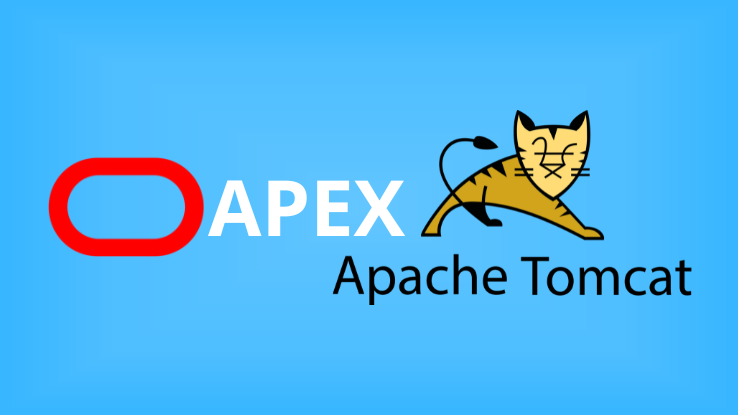
 Velchandru M
Velchandru M18 Lectures All Level
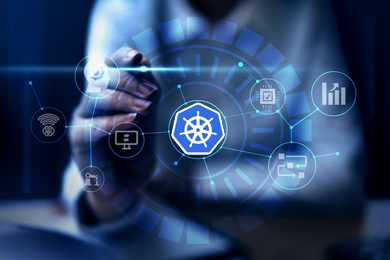
 Udesh Udayakumar
Udesh Udayakumar33 Lectures All Level

 Gauttam SK
Gauttam SK14 Lectures All Level
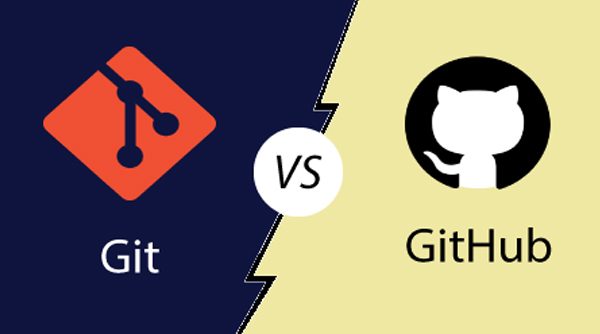
 Harsh Jhunjhunuwala
Harsh Jhunjhunuwala17 Lectures All Level
.jpg)
 Pruthviraja L
Pruthviraja L28 Lectures All Level
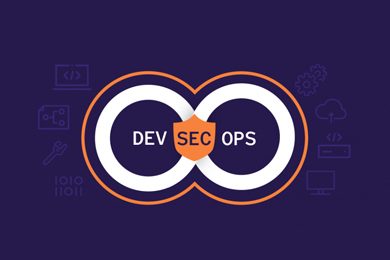
 THE MMZ
THE MMZ254 Lectures All Level
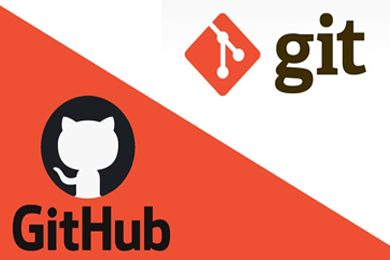
 Chandramouli Jayendran
Chandramouli Jayendran31 Lectures All Level
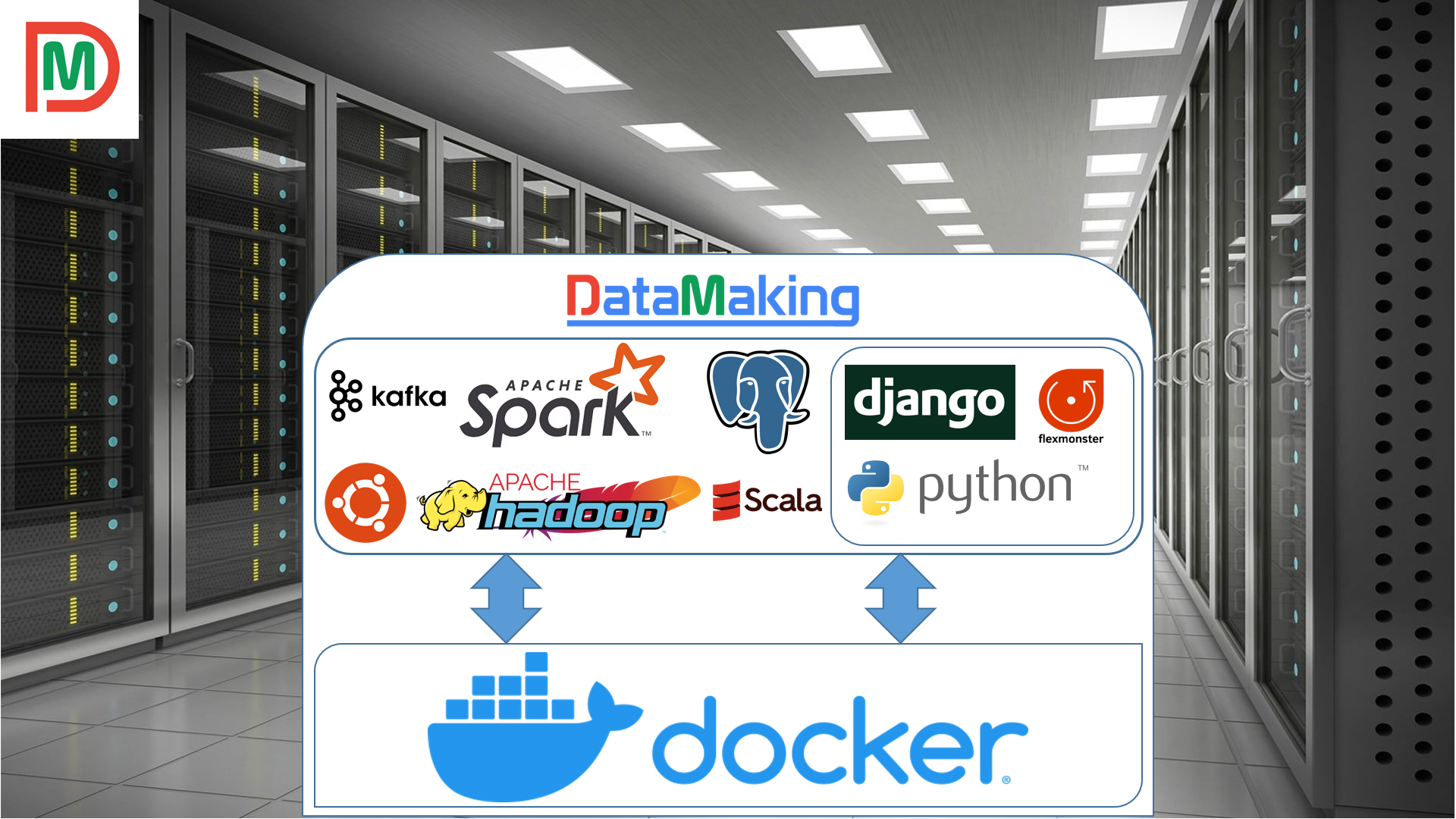
 Pari Margu
Pari Margu24 Lectures All Level
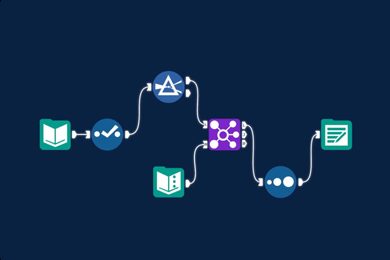
 Saraudheen PM
Saraudheen PM22 Lectures All Level

 taurius litvinavicius
taurius litvinavicius16 Lectures All Level
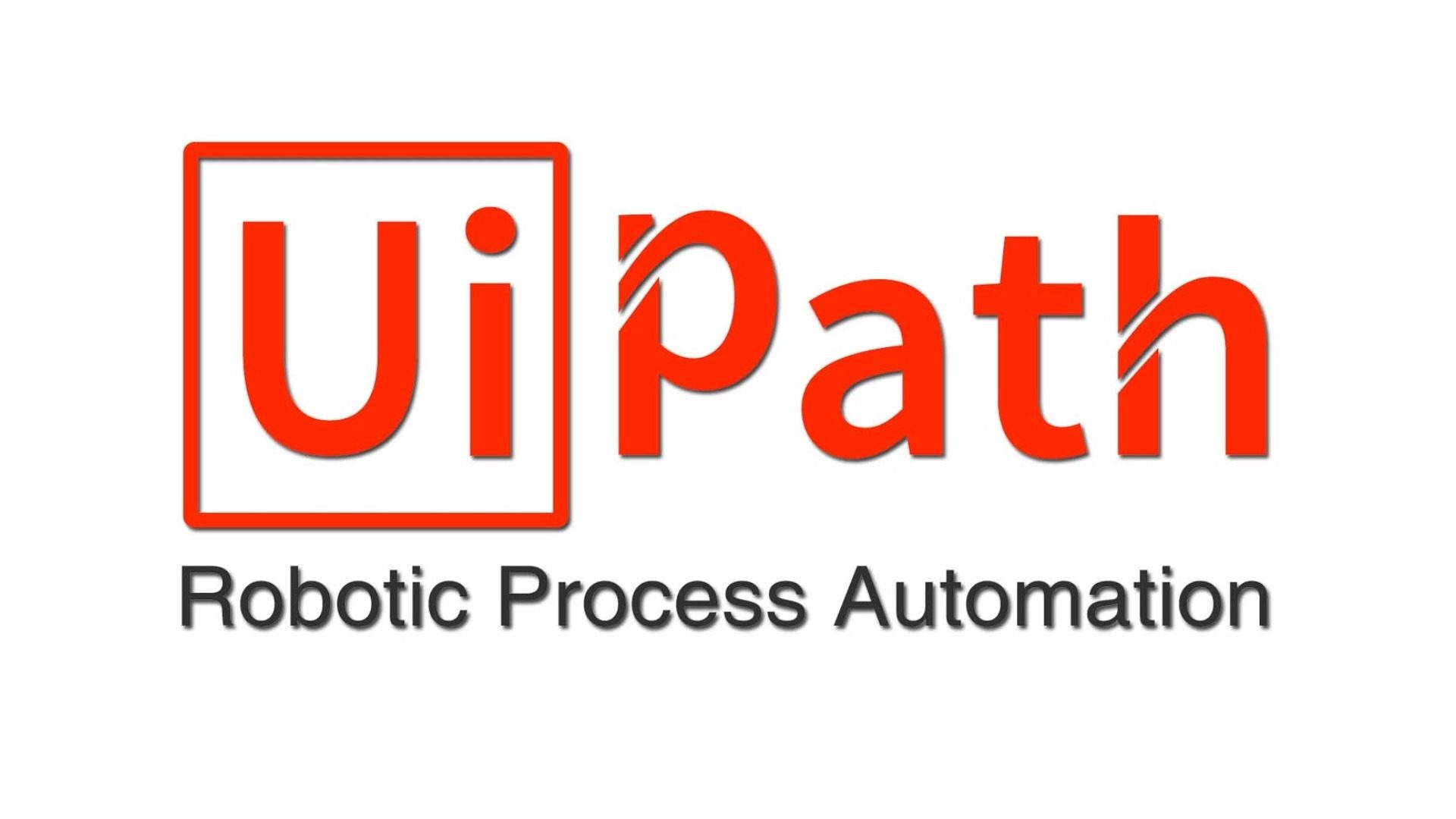
 Jan Langdeel and Anders Jensen
Jan Langdeel and Anders Jensen58 Lectures All Level

 Satyajit Das
Satyajit Das18 Lectures All Level

 Abhishek Roshan .
Abhishek Roshan .10 Lectures All Level
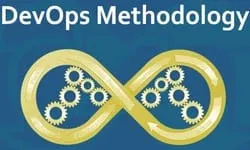
 Abhishek Roshan .
Abhishek Roshan .103 Lectures All Level

 Abhishek Roshan .
Abhishek Roshan .54 Lectures All Level

 Shankar AR
Shankar AR37 Lectures All Level
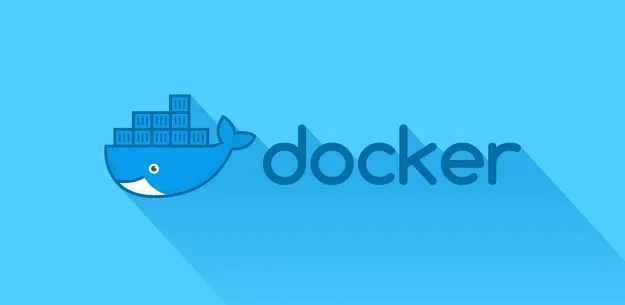
 Abhilash Nelson
Abhilash Nelson29 Lectures All Level
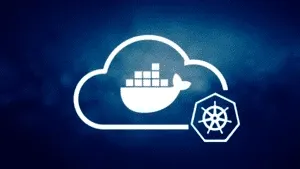
 Cerulean Canvas
Cerulean Canvas114 Lectures All Level

 Samarth Deyagond
Samarth Deyagond16 Lectures All Level

 Shokat Ali
Shokat Ali13 Lectures All Level
Ansible is an open-source automation tool used for configuration management, application deployment, task automation, and orchestration. It simplifies complex IT tasks by providing a declarative language and agentless architecture, making it easy to manage infrastructure and applications.
Ansible is agentless, meaning it doesn't require a client-side agent on managed nodes. It uses SSH for communication and YAML for configuration, making it lightweight and easy to set up compared to some other configuration management tools.
Ansible Playbooks are configuration files written in YAML that describe a set of tasks to be executed on remote hosts. Playbooks define the desired state of the system and can include roles, variables, and conditionals, providing a structured and reusable way to manage configurations.
Ansible follows the idempotent principle, meaning that running a playbook multiple times should produce the same result as running it once. This ensures that the system remains in the desired state regardless of the playbook's previous executions, reducing unintended side effects.
Ansible Galaxy is a platform for sharing and discovering Ansible roles. Roles are reusable units of tasks and configuration, and Ansible Galaxy provides a centralized repository for sharing, reusing, and collaborating on roles created by the Ansible community.





